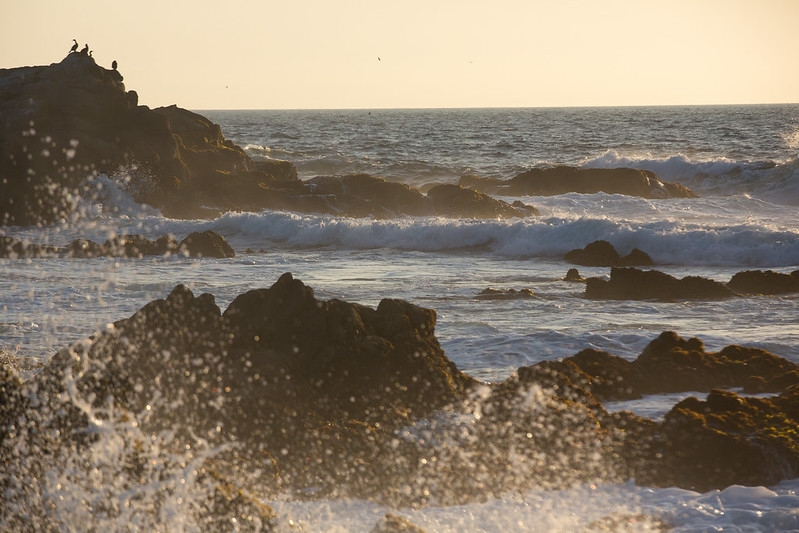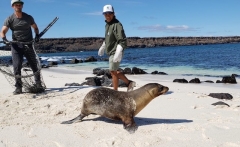CBE Fellows: Working on Marine Conservation Around the World
The Middlebury Institute’s Center for the Blue Economy is sponsoring eleven students from the International Environmental Policy program on summer internships with top marine organizations from the Bay Area to the Galapagos.




